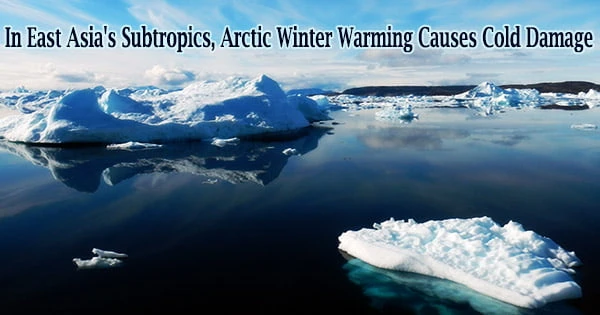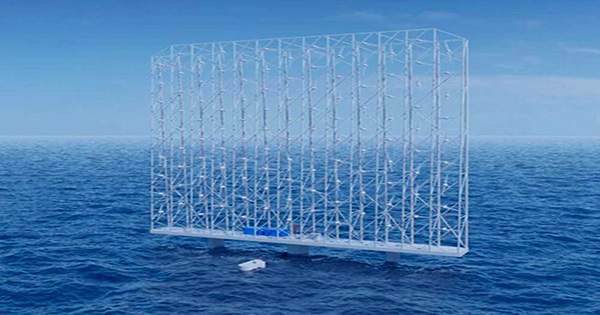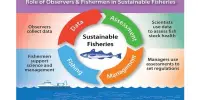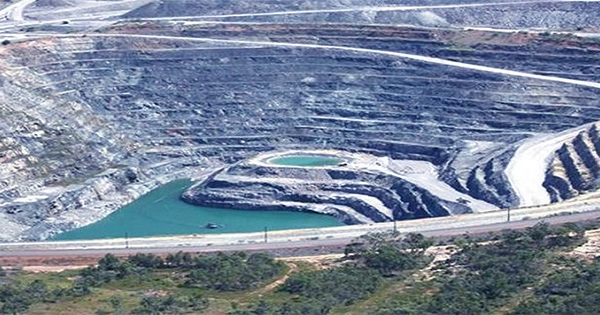Arctic winters are becoming warmer as a result of climate change. Researchers from the University of Zurich found that Arctic warming produces temperature anomalies and cold damage thousands of kilometers distant in East Asia, according to an international study.
As a result, vegetation growth is limited, flowering occurs later, harvests are smaller, and CO2 absorption by the region’s woods is diminished.
The east coast of the United States has seen significant snowfall and cold temperatures as far south as Florida in recent days. Warmer Arctic winters are now producing this type of extreme winter weather in East Asia, according to a team of multinational researchers from Switzerland, Korea, China, Japan, and the United Kingdom.
The evergreen subtropics’ vegetation activity is reduced by the cooler southern winters, which continue to have a negative impact on ecosystems in the spring, for example, due to branches broken under heavy snowfall or frost-damaged foliage.
First author Jin-Soo Kim of the Department of Evolutionary Biology and Environmental Studies at the University of Zurich says: “The cooler winters also reduce agricultural productivity of cereals, fruits, root vegetables, and legumes.”
This study highlights how complex the effects of climate change are. While we observe strong warming in the Arctic system, especially over the Barents-Kara Sea, we have now discovered that this warming affects ecosystems thousands of kilometers away and over multiple weeks through climate teleconnections. Arctic warming is not only threatening the polar bear, but will affect us in many other ways.
Gabriela Schaepman-Strub
Globally connected weather events
For the study, the researchers used earth system modeling, satellite data, and local observations. They also looked at an index of sea surface temperatures from the Barents-Kara Sea and discovered that when Arctic temperatures were greater than typical, alterations in air circulation caused an anomalous climate throughout East Asia.
The harsh conditions hampered vegetation growth and crop output in exceptionally cold years, as well as delaying flowering.
Furthermore, the researchers calculated a reduction in carbon uptake capacity of 65 megatons during the winter and spring seasons (by way of comparison, fossil fuel emissions in Switzerland are 8.8 megatons of carbon per year).
When contemplating carbon neutrality, another factor to consider is the decline in carbon absorption capability caused by climate change.
Climate change causes ecological and socioeconomic damage
Humans as far south as the subtropics are suffering social and economic consequences as a result of Arctic warming induced by human greenhouse gas emissions. Gabriela Schaepman-Strub, co-author of the study, says:
“This study highlights how complex the effects of climate change are. While we observe strong warming in the Arctic system, especially over the Barents-Kara Sea, we have now discovered that this warming affects ecosystems thousands of kilometers away and over multiple weeks through climate teleconnections. Arctic warming is not only threatening the polar bear, but will affect us in many other ways.”
















